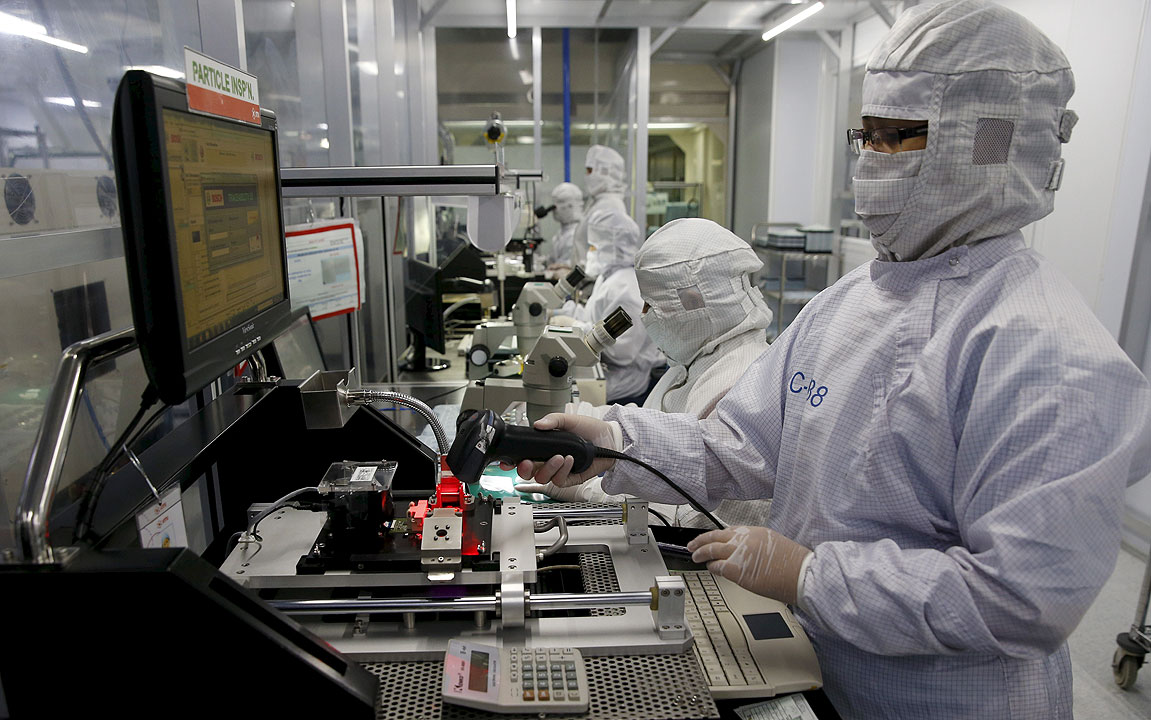
THE insufficient number of high-level jobs may cause the government to miss out on targets outlined in the Philippine Development Plan (PDP), an economist said.
The situation is compounded by the high educational requirements set by employers for even jobs of low complexity, De La Salle University Economics Professor Jesus Felipe said in a presentation on Wednesday.
“It is not exactly that the targets will not be met, it is that they were overambitious. There is almost a foregone conclusion that they will be missed, but not by a lot. The most important one in my opinion is income per capita because that is a very good summary of how a country is doing,” he told reporters after his presentation.
Mr. Felipe expects the 2028 targets for the fiscal deficit, debt, poverty, growth, and income per capita to be missed.
He said agriculture, retail wholesale, and trading remain major employers, all of which are low-productivity and low-wage industries.
In agriculture, Mr. Felipe said workers need to leave the industry for more high-end work, or adjust by introducing new technology.
On the other hand, manufacturing and services promise to generate high growth, he said.
“This country needs to develop a domestic industry. For example, the tourism sector is not simply about a couple million people visiting the country. They come here and bring dollars, but the hotels that we build require imports because most of the construction and materials are imported. You’re getting $10 and you’re paying $20 to build the hotel. That’s a leakage out of the economy,” he said.
Mr. Felipe added that employers keep listing college degree requirements for jobs that do not need such graduates.
“The backbone of an economy is workers with high school educations. Most jobs that this economy generates do not require more than high school, and that happens in most countries,” he noted.
He said companies should invest in new technology and seek out more trainable workers regardless of credentials. — Aaron Michael C. Sy



